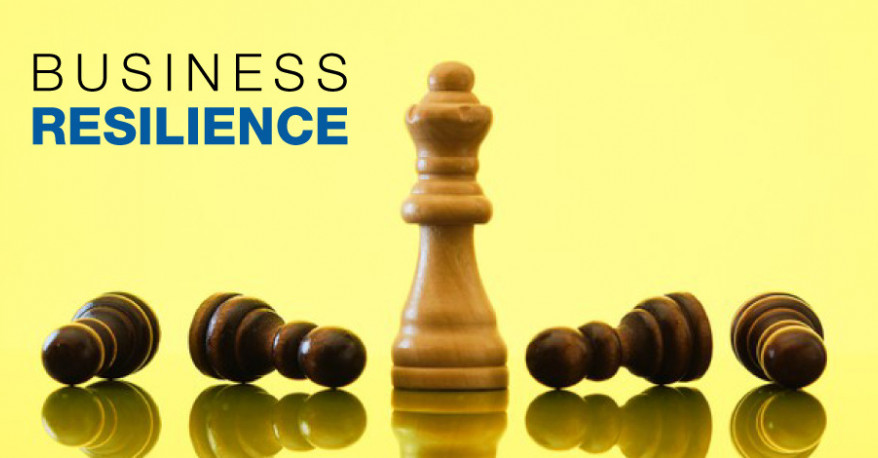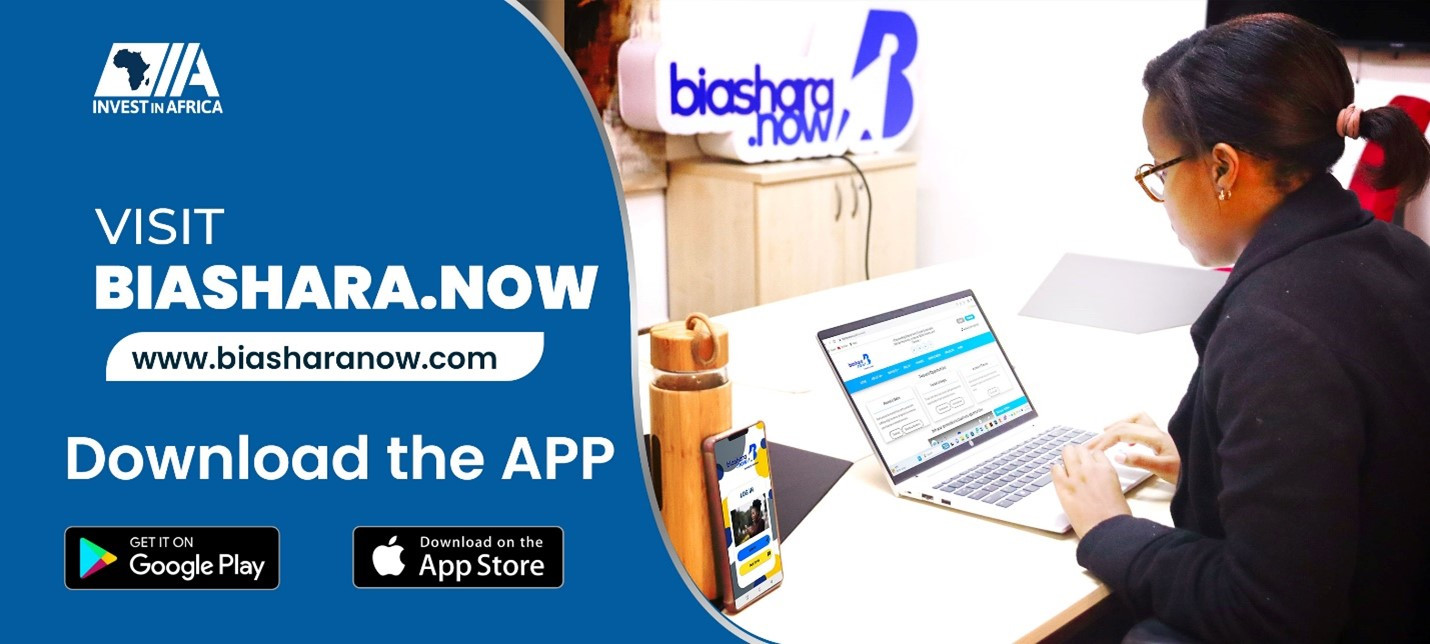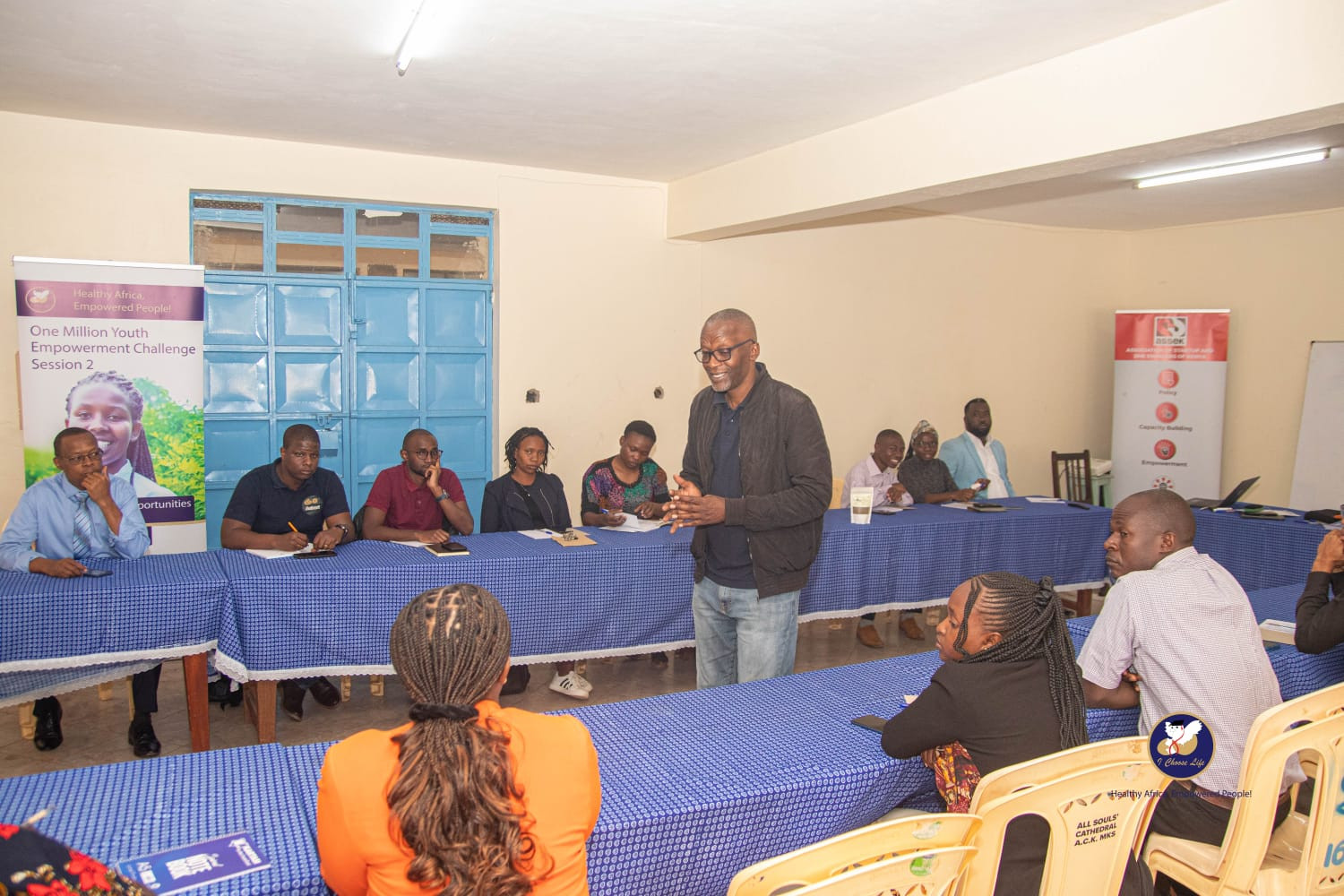IIA in Enhancing SME resilience to Disaster Risks

Globally, quick, and slow onset disasters are increasing, in number and intensity. The effects of climate induced disaster events, as an example, are already being felt even as the economies strive to recover from the impact of the COVID-19 pandemic.
Small and Medium Enterprises (SMEs) in developing countries, are the most vulnerable to disaster risks due to limited capacity for resilience as a result of predominant focus on business survival. This is according to a study that was conducted by Invest in Africa (IIA) to understand the level of prioritization on risk management by SMEs. The study revealed that 75 percent of SMEs have not incorporated disaster risk management into their strategies. This explains why SMEs were the hardest hit by the Covid-19 pandemic disruption, with 43% of them closing shop.
As one of the cheerleaders in driving the survival of SMEs, IIA sought to develop an SME Disaster Risk Resilience Framework with the purpose of convening public and private sector actors to co-create roadmaps, opportunities, and initiatives towards enhancing SMEs preparedness to disasters. This saw a rising discussion on building back better with the aim of demonstrating precautionary measures that SMEs can take to mitigate disaster risks and scale up. It also emphasized on the role of academia in understanding how learning practices and the different policies work together to make it conducive for SMEs to fast-track resilience.
IIA has continued to roll out Disaster Risk Resilience initiatives under an SME recovery and resilience program in partnership with Mastercard Foundation. So far, the program has enrolled over 2700 SMEs here in Kenya. It includes a series of Masterclasses, Peer-to-peer mentorship, Business development Coaching and Invest readiness programs, facilitated by industry experts, certified coaches and successful entrepreneurs. The aim of the program is to enhance the capacity of these enterprises to survive the impact of disasters and access available business growth opportunities.
We live in challenging times, occasioned by severe uncertainties as a result of disaster disruptions. This calls for businesses to incorporate reliable disaster risk management measures while continually building the capacity to remail resilient.
Watch here for more detailed information.







